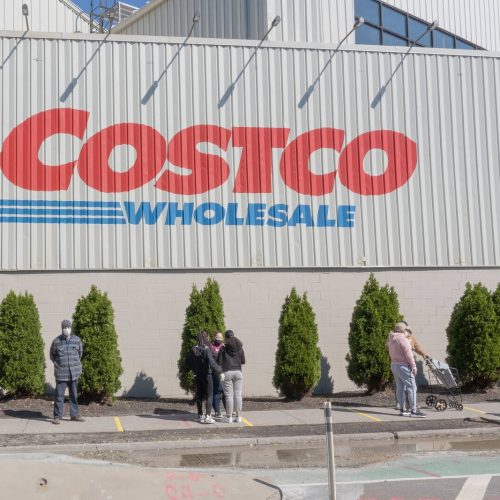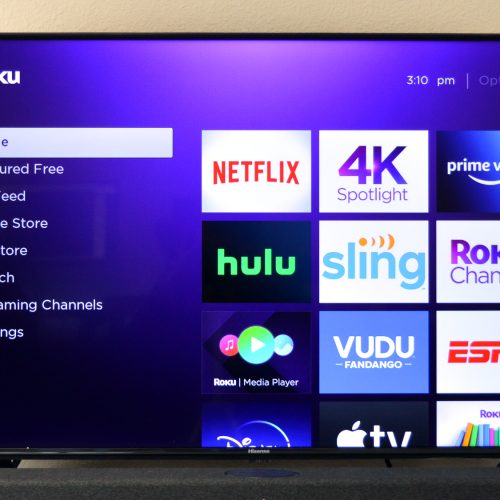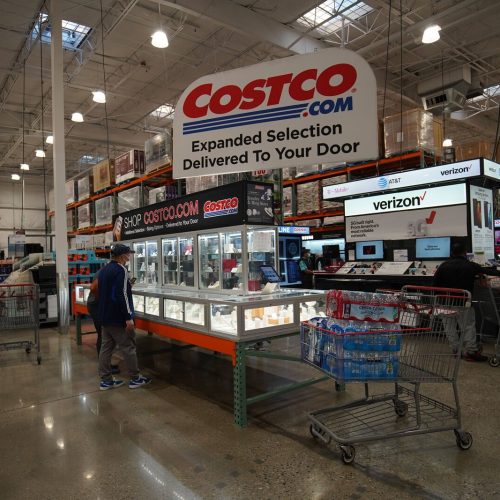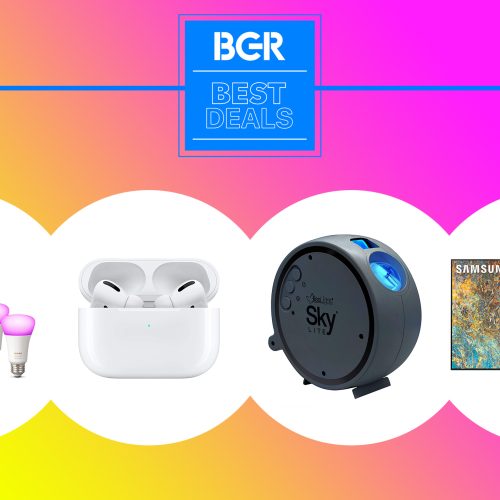We can’t go a day anymore, it seems, without news coverage of inflation — and, more specifically, price increases at grocery stores around the US. In terms of a recent snapshot of this trend, the price of eggs and fish, for example, was reportedly up almost 10 percent last year. Meanwhile, the price of steaks jumped 25 percent last year, compared to 2020. And because of the persistent inflation problem in the US at the moment? This trend will almost assuredly continue throughout this year. Which makes a recent announcement by one regional supermarket chain (Winn-Dixie) all the more extraordinary.
Kroger, for example, is the largest US grocery store chain, and it recently confirmed it’s raising prices on certain items. Passing along some of its higher costs to consumers, even while the chain’s profits have increased of late. In an earnings call with analysts, Kroger CFO Gary Millerchip confirmed that the grocery chain is passing along some price increases to consumers (“where it makes sense to do so”). Winn-Dixie, meanwhile, just announced the exact opposite.
Winn-Dixie “Down Down” price savings
As part of the chain’s “Down Down” price savings program, an announcement from the grocery chain last week promised that Winn-Dixie customers will save more than 15% on average when shopping for more than 150 of the most-shopped products. Specifically, products marked in stores by the red hand signs and tags.
The chain says this will help offset the increase of 14% on grocery store bills that average customers can expect to see this year, because of the Covid-19 pandemic.
“At Winn-Dixie, we know our customers are searching for the best deals, and continuing to save money on their grocery bills is a top priority,” Dewayne Rabon, chief merchandising officer for Southeastern Grocers, said in a press release. “Through our commitment to lowering prices and keeping them down on the items our customers love most, we hope to make a truly meaningful difference in our customers’ lives.”
Soaring grocery prices
2021 was a bad year for grocery bills.
Shoppers paid 6.4% more for groceries in November 2021 compared to November 2020 https://t.co/0QLaIDhP81
— TIME (@TIME) January 15, 2022
Huge grocery chains like @Kroger have made billions by jacking up consumer prices. And they're using those profits to reward executives instead of raising wages so workers can make ends meet. I stand with Kroger workers in their fight for a fair contract.https://t.co/WCBnJs61so
— Elizabeth Warren (@SenWarren) January 12, 2022
Importantly, there is an end date to some of the Winn-Dixie price markdowns. Deals on featured products run through March 6, according to the chain’s website.
Sign up for the Winn-Dixie rewards program to take advantage of the discounts. After which, all you’ll need to do is enter your phone number when checking out or scan the chain’s app.
Meanwhile, some additional fast facts about what’s going right now across the grocery sector more broadly:
- According to the Bureau of Labor Statistics? Grocery prices for goods in at least a dozen categories were up last year compared to 2020.
- Looking ahead, experts are predicting costs to keep rising in at least half a dozen product categories this year.
- For its part, the Biden administration in recent days blamed soaring prices on meat industry consolidation. Along those lines, per a White House estimate, just four companies control up to 85 percent of the US meatpacking business: Tyson, JBS, Marfrig, and Seaboard. When meatpackers’ prices go up, according to President Biden? “The prices you see at the grocery stores go up commensurate.”










